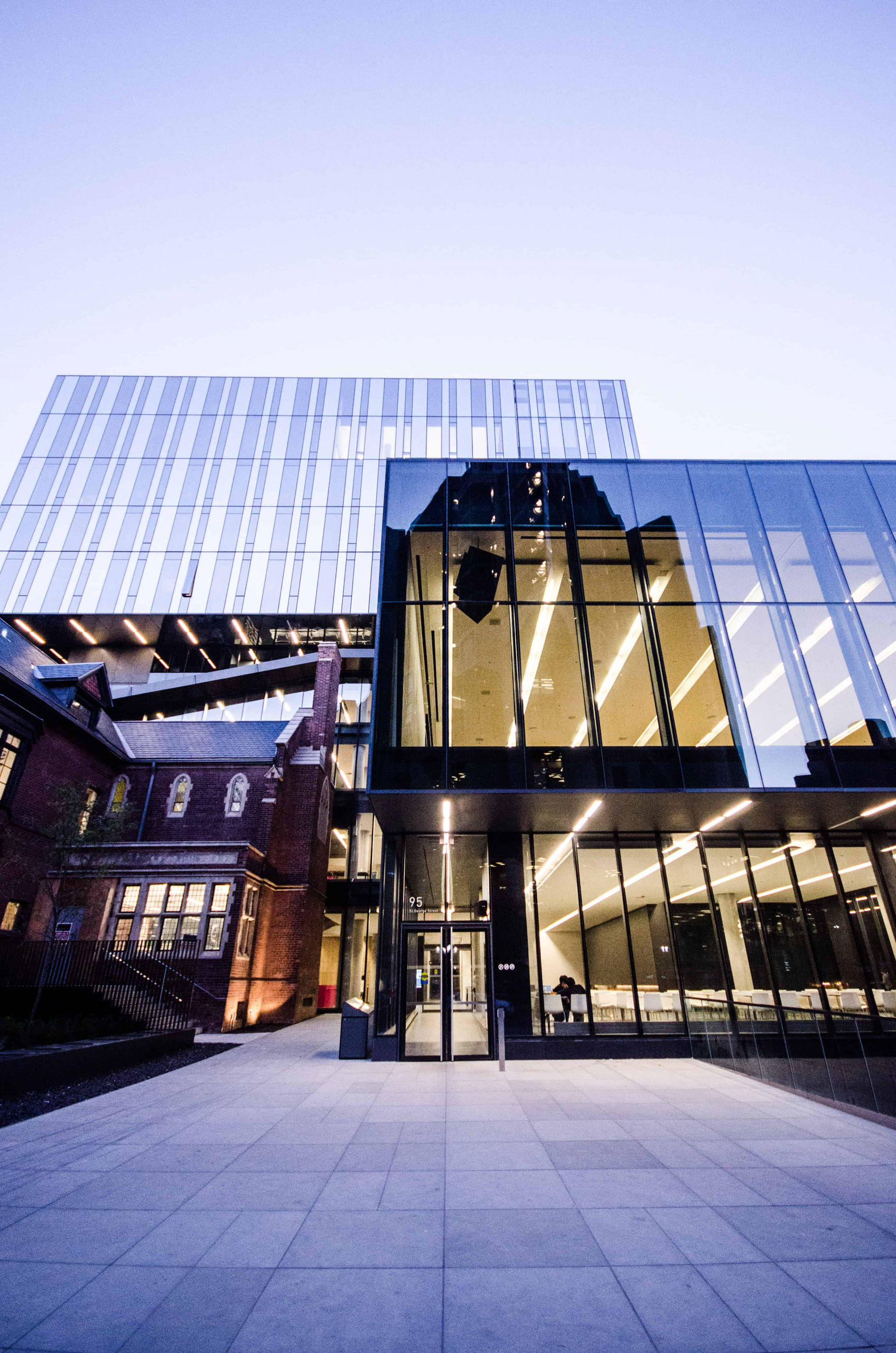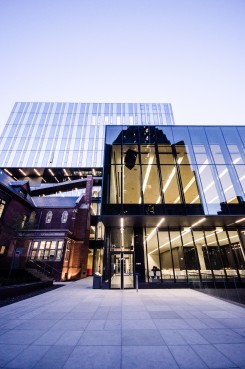Roger Martin, Dean of U of T’s Rotman School of Manage- ment, announced last week he would be ending his third and final term on June 30, 2013, one year earlier than scheduled.
Martin, who intends to stay on as a professor, first joined Rotman as dean in May 1998. He oversaw a period of rapid growth, and led the development of a new curriculum cen- tered around “Integrative Thinking.” Under his leadership, enrolment numbers have soared, as have the number of pro- grams offered by the faculty.
Martin said he was motivated to leave early by the recent completion of several long-term goals, including the opening of Rotman’s new building on St. George Street and the devel- opment of a world-class faculty.
“There are two reasons I am taking this step,” Martin said. “First, the school is in fabulous shape. Second, I be- lieve the school is well-positioned to make a meaningful global contribution to democratic capitalism, whose future is being questioned.”
In a later interview with The Globe and Mail, he expanded on his reasons for leaving.
“A new dean could come in and start dreaming 10-year dreams. I just felt increasingly that I wasn’t about to start long-term things and then stick the next dean with them. I didn’t get stuck with a lot of long-term plans that previous deans had put in place — I had relatively free rein.”
Once he steps down, Martin will head the Institute for Com- petitiveness and Prosperity and the Martin Prosperity Insti- tutes, both research institutes affiliated with Rotman.
Little in Martin’s early years could have predicted his future tenure at the Rotman School. Following an under- graduate degree at Harvard, Martin enrolled in Harvard Business School’s famed MBA program largely to appease his parents, who thought his preferred option — coaching men’s volleyball — unsuitable.
Martin’s negative experiences in business school shaped many of his later policy decisions. He found HBS a surprising- ly anti-intellectual institution, with students more concerned about finding the ‘right’ answers than academic development.
After graduating, Martin joined the Monitor Group, a consulting firm, where he rose to become head of Monitor University, the firm’s training program. Given the chance to evaluate business school graduates from the other side of the table, he concluded there was something fundamentally wrong with MBA education.
“By 1991 we had determined that the people we hired from high-end business schools were no better at integrative thinking than the undergraduates we hired from top-notch liberal-arts colleges,” he said in a 1999 Fast Company profile. “By the time people were done with business school, they were generally less open to using their minds the way we needed them to,” Martin added at the time.
“Integrative Thinking” has been a recurring theme in Mar- tin’s career. After years of studying the thought processes of great leaders, Martin narrowed in on one common ability shared by all: every leader could hold two opposing models of the world in their mind, and come up with a third model that combined the best attributes of both.
One of his first goals as dean was to overhaul Rotman’s curriculum, focusing on “Integrative Thinking,” and more recently, on the intersection of business and design. His efforts have paid off handsomely: Rotman’s flagship MBA program was ranked the best in Canada by the Financial Times this year, while its PhD program was named one of the top fifteen worldwide.
Though Martin’s last day is June 30, 2013 , the search for a new dean is expected to last until 2014. An interim dean is likely to be appointed in the meantime.
“There’s a lot of work that I would like to do and it is time for my next phase,” Martin said. Future projects include shaping the future of democratic capitalism.
“That particular agenda needs a lot more work, and I look forward to getting on with it.”



